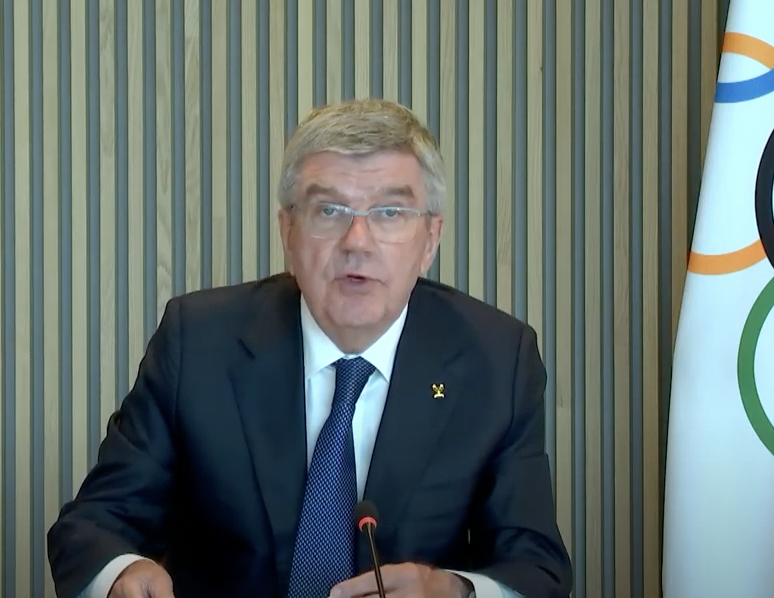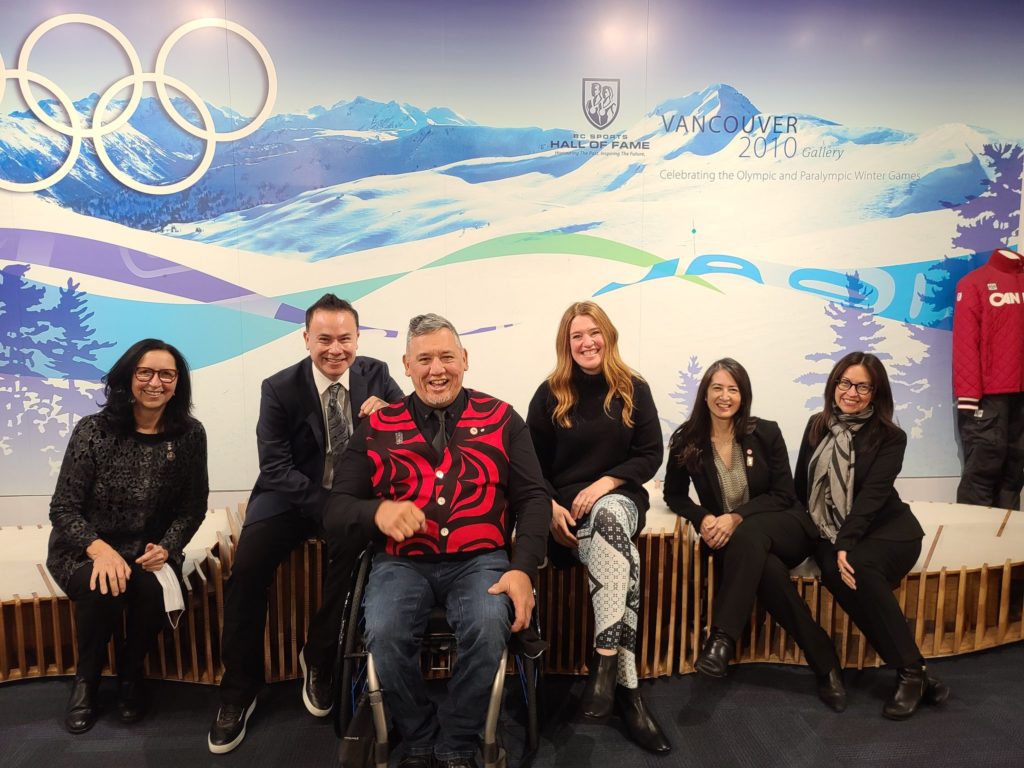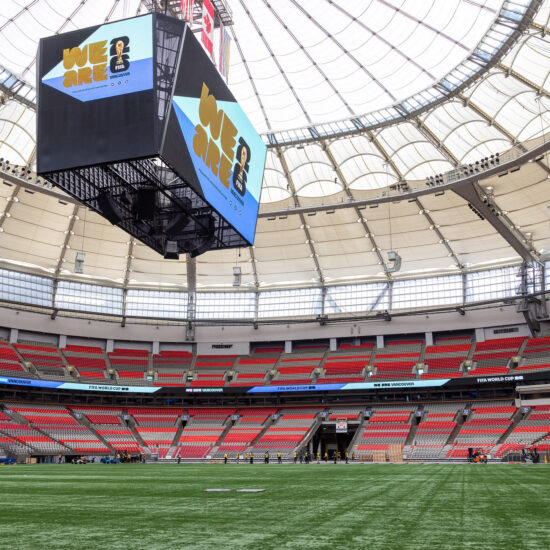
Bob Mackin
The International Olympic Committee’s president said Sept. 9 that next steps in choosing a host for the 2030 Winter Olympics are “in the hands” of the Future Host Commission for the Olympic Winter Games.
On Sept. 8, the executive board delayed the 2023 session, including the 2030 host decision, from next May to September, citing a governance crisis at India’s national Olympic committee, which was scheduled to host the IOC’s next annual meeting in Mumbai.

IOC President Thomas Bach on Sept. 9, 2022 (IOC/YouTube)
Speaking after the executive board’s meeting at headquarters in Lausanne, Switzerland, Thomas Bach told reporters that it will be up to the subcommittee, chaired by Romanian IOC member and European rugby executive Octavian Morariu, whether to stick to a schedule that called for closed-door talks to begin in December with bidders.
Vancouver, Salt Lake City and Sapporo, Japan are exploring bids for 2030.
“We have taken this decision just yesterday, and have informed the chair of the commission only, I think, yesterday evening or today in the course of the day,” Bach said. “So they will have to take these into consideration and then come up with a schedule. This is in their hands.”
The delay comes amid turmoil in Japan and B.C.
The host country of last year’s Summer Olympics is wrestling with a corruption scandal involving a former Tokyo organizing committee executive.
In B.C., new municipal councils are to be elected in proposed hosts Vancouver, Whistler, Richmond and Sun Peaks on Oct. 15. The Canadian Olympic Committee awaits a decision later this fall from the B.C. NDP government whether it will fund another Games and cover any deficits. It could take the NDP until early December to decide whether to replace retiring Premier John Horgan with David Eby or Anjali Appadurai. Eby was a critic of Vancouver 2010 security spending while working as the B.C. Civil Liberties Association executive director.
COC president Tricia Smith did not respond for comment, but the COC sent a statement that read: “Working under the leadership of Lil’wat, Musqueam, Squamish and Tsleil-Waututh Nations, the BC2030 Feasibility Team is focused on the Indigenous-led domestic assessment process. We are continuing to work with partners on determining the feasibility of moving forward with a potential bid to bring the Olympic and Paralympic Games back to Canada and will discuss any impacts to international process with the IOC in the coming weeks.”

Canadian Olympic Committee president Tricia Smith (left) and Four Host First Nations executive director Tewanee Joseph (second from left) at the Dec. 10 bid exploration announcement (Twitter/Tewanee Joseph)
Last month, the COC delivered a proposal requested by Tourism, Art, Culture and Sport Minister Melanie Mark, who wanted to know whether all partners, including the first nations, would share in the costs and risks.
The COC estimated Vancouver 2030 would cost $4 billion, including at least $1 billion from taxpayers. It proposes reusing most of the Vancouver 2010 venues in Vancouver, Richmond and Whistler, with the exception of the Agrodome for curling, Hastings Racecourse for big air skiing and snowboard jumping and Sun Peaks resort near Kamloops for snowboarding and freestyle skiing.
The 2010 Games are believed to have cost $8 billion, all-in. The true costs are unknown, because the Auditor General never did a post-Games study, the organizing committee was not subject to the freedom of information law and its board minutes and financial files won’t be open to the public at the City Archives until fall 2025.
Meanwhile, Bach said IOC finances are “in a pretty good position,” noting that rights-holding broadcasters and global sponsors are “very loyal to the IOC, while facing their own challenges.”
He said the IOC has drawn on reserves and is making efforts to reduce expenses to battle inflation, starting with procurement and supply chain departments.
“So I can say that, for the IOC, there is no reason to panic,” Bach said. “We are, considering the worldwide financial and economic crisis, pretty stable and confident that we remain very financially stable, and we’ll be able to support the athletes as it has been planned.”
The IOC went ahead with the Beijing 2022 Winter Olympics in February, despite the pandemic and despite the diplomatic boycott from several western nations, including Canada, over China’s human rights record. Bach was asked for his reaction to an Aug. 31 report from the United Nations Human Rights commissioner, who accused China of serious human rights violations against Uyghur Muslims in Xinjiang.
“We have, of course, taken out of this report,” Bach said. “With regard to the Olympic Winter Games, Beijing 2022, which fall within our remit, the IOC worked together with the Organizing Committee to ensure that all the obligations in the host city contract were met, and if you read the report, there by the UN High Commissioner, and you look into the recommendations, which are directed to the wider society, there is the call there, for the respect of the UN [guiding principles], and this is what we are doing.”
The IOC recommended Russian and Belarusian athletes be excluded from international events, due to the invasion of Ukraine, but has taken no action against China over Xinjiang.
Support theBreaker.news for as low as $2 a month on Patreon. Find out how. Click here.











